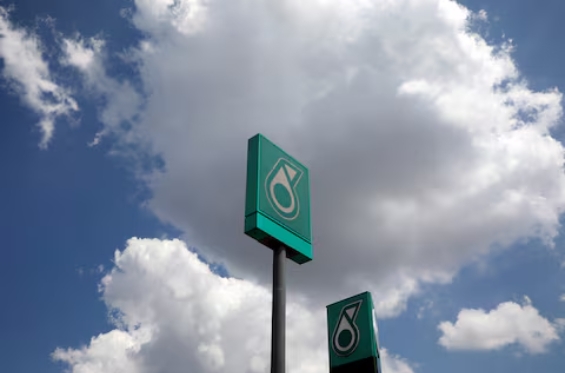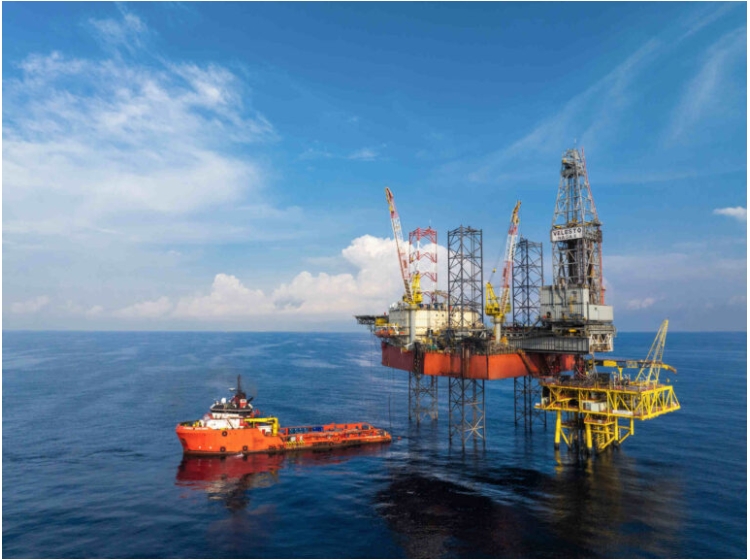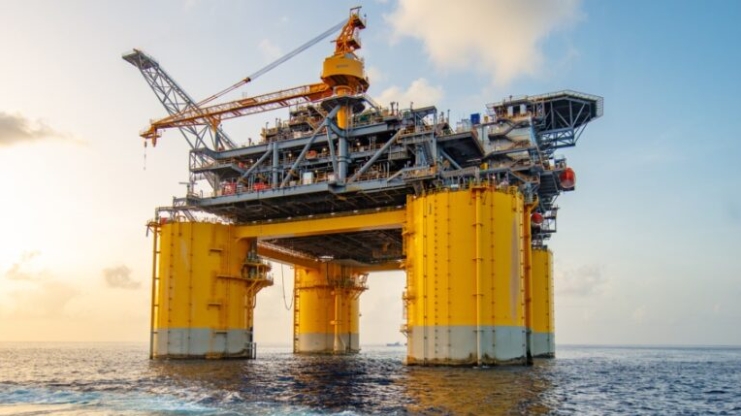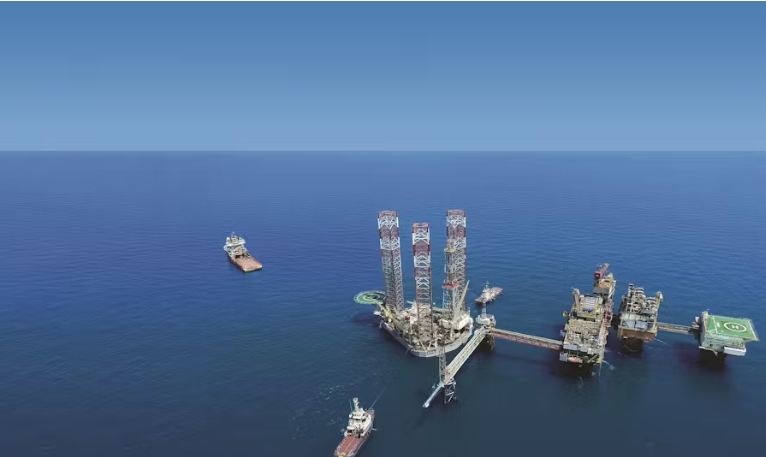The town of Onslow in Australia has reached a milestone within the renewables sector after consumers were powered completely by non-fossil energy or hydropower for 80 minutes. The utility used approximately 700 kW of solar capacity from over 260 consumers, 600 KW of utility-scale solar capacity and a battery energy storage system to power the town.
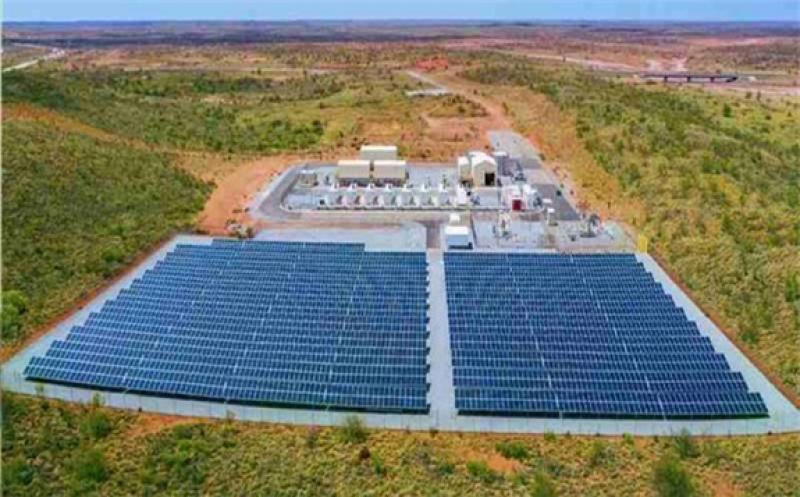
The development is the world’s first known instance of solar-plus-batteries supplying 100% of a community’s power and is the result of a partnership between utility Horizon Power and technology firm PXISE Energy Solutions.
The project demonstrates how advanced microgrid control systems and distributed energy resources (DER) can be leveraged to address operational challenges of large regional grids.
Horizon Power employed PXISE Energy Solutions’ DER management and microgrid control system to embrace an increasing amount of distributed solar energy systems through real-time monitoring of generation, distribution and consumption. This enabled a steady supply and optimal regulation of frequency. The DER management system was also used to monitor the town’s traditional, gas-fired power plant. Load and weather forecasts were employed to ensure generation and energy storage was optimised to meet demand. The model has proved efficient to help cities or grids to go 100% renewable.
The milestone has been reached at a time when utilities and distributed energy resource operators are struggling with fluctuating renewable energy, and to provide baseload power with 100% renewable energy resources.
Horizon Power CEO Stephanie Unwin said, “This technical functionality developed in Onslow continues to lead the industry to overcome the barriers to increased rooftop solar installation, which has been shown to reduce energy costs for our regional customers.”
PXiSE Energy Solutions CEO Patrick Lee, adds: “This is a significant milestone for energy control technology and renewable energy, with broad applications for the world at large.”
The Onslow Power Project is expected to help the town deliver fossil fuel savings of about 820 tonnes of CO2 emissions per year.
